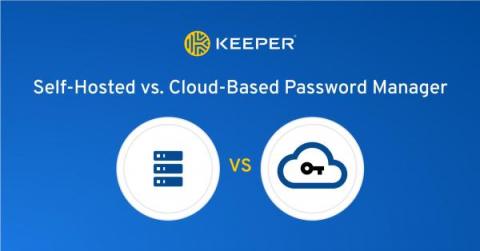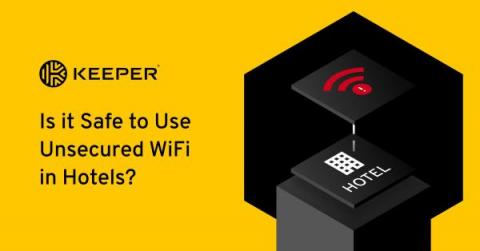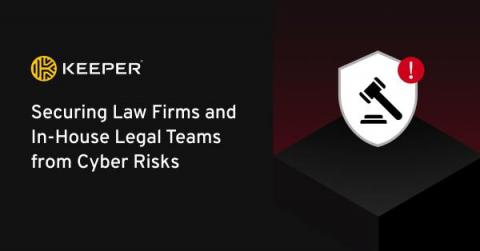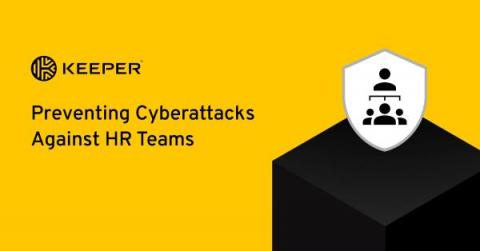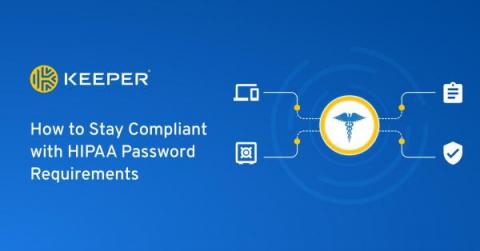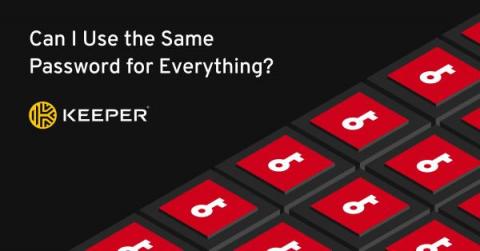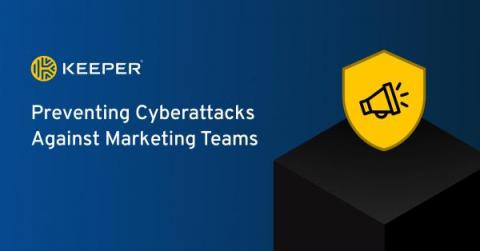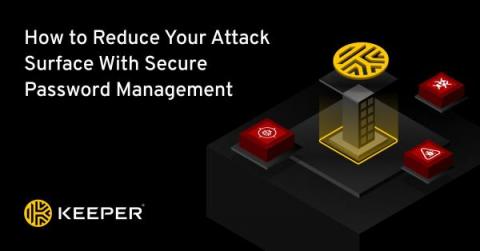Self-Hosted vs. Cloud-Based Password Manager
A few customers have asked about the pros and cons of a self-hosted password management solution, such as Bitwarden. Since I have a lot of experience with this topic, I thought I would share some of the key reasons to use a cloud-based password manager like Keeper, instead of a self-hosted password vault.


